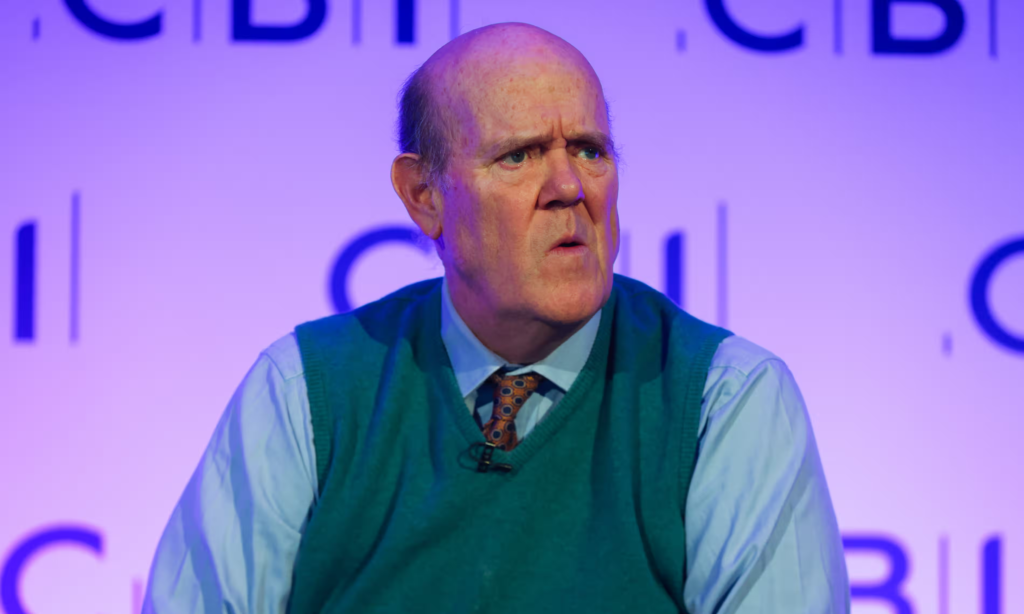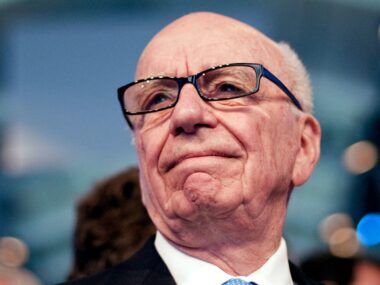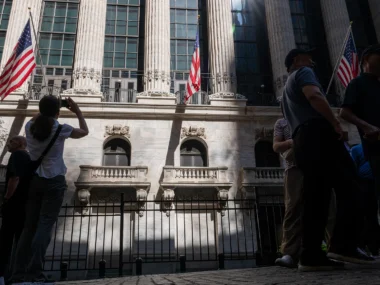
Rupert Soames suggested that businesses might be able to accept the increase in national insurance contributions if other policies were adjusted.
Rupert Soames urged the government to soften its proposed changes to workers’ rights following a budget he described as “hard on businesses.”
Rupert Soames, the chair of the Confederation of British Industry (CBI), accused the government of exploiting employers as a “cash cow” during his speech at the CBI’s annual conference. He criticized the recent budget, stating that businesses had been unfairly burdened, and urged ministers to reconsider their plans for workers’ rights.
Soames said, “It’s been tough on business. In the budget, business has been the cash cow and it’s been milked. Don’t go and whack it.” His remarks came just before Rachel Reeves, the Chancellor, addressed the backlash against her budget. Reeves defended her decisions, stating that the government had drawn a clear line on the “fiction” of previous public finance projections and assured businesses that future budgets would not include more borrowing or taxes.
The budget, announced on October 30, included £40 billion in tax increases to fund public services, with the largest increase being a £25 billion rise in employer national insurance contributions (NICs). Business groups have blamed this move for undermining confidence, and some large retailers warned of potential job losses.
Rain Newton-Smith, CEO of the CBI, shared findings from a survey of 266 firms, indicating that half were considering job cuts and almost two-thirds were reconsidering hiring plans due to the added costs. Kemi Badenoch, the Conservative leader, also spoke at the conference, criticizing Labour’s “unprecedented raid on business” but avoided committing to reversing the NICs increase. She declined to suggest alternatives for raising the revenue or making up the shortfall through public service cuts.
Reeves emphasized that the budget was just one part of Labour’s broader business policy, pointing to pro-growth reforms like changes to planning and pensions. Soames suggested businesses might accept the NICs rise if other policies were adjusted to balance the impact. He added that businesses could tolerate the budget if the rest of the policies were more favorable.
Soames also criticized Labour’s employment bill, which includes policies to enhance workers’ rights, such as requiring companies to consult on redundancies and offering full workplace rights after a shorter probation period. He argued that these changes, combined with the NICs rise, could hinder efforts to boost employment. He pointed out the contradiction between the Department for Work and Pensions’ goal to help people return to work and the increased cost of hiring due to NICs.
Soames also noted that the CBI was working to rebuild its reputation after a period of turmoil following allegations of sexual misconduct. He stated that the organization was “back in the ring,” having held 400 meetings with the government since the general election, and that internal governance issues had largely been addressed. However, he cautioned against complacency.










